The Art and Science of Facilitation
Help teams and task groups achieve their desired outcomes efficiently and effectively.
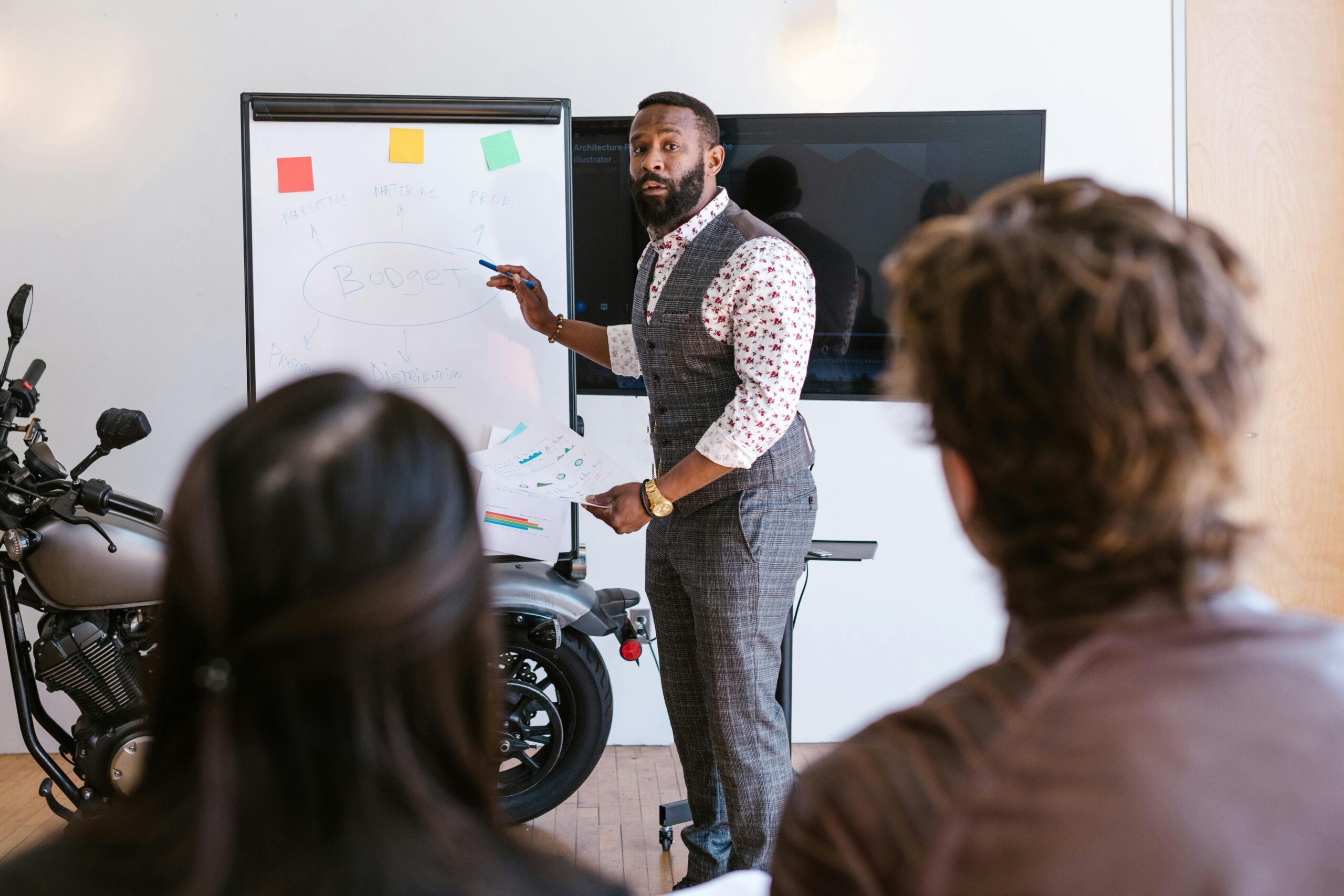
Annual
Course Overview
In today’s dynamic and fast-paced world, effective facilitation has become an essential skill for leaders, educators, and change-makers alike. The amount of time we spend in group meetings these days is staggering! It is clear that collaboration and interdependence are inescapable in today’s landscape. To survive and thrive today, organizations must work together to fully engage its people and tap into the knowledge, expertise and skills of its people. In fact, the ability to harness the full potential of groups and teams is a key determinant of organizational success and competitive advantage.
By developing a facilitation skill set, your organization will make better decisions, solve problems so that they stay solved, and have a more powerful, focused and energized workforce. Given the need to work together, “The Art and Science of Facilitation” workshop is designed to provide you with practical tools, proven processes and powerful techniques to lead groups to results.
- Develop powerful facilitator platform skills that enable you to lead and manage task groups;
- Deal effectively with group conflict and manage difficult group dynamics;
- Build skills to lead a group through consensus decision making;
- Apply creative problem solving techniques;
- Conduct effective dialogue on important and emotional issues.
- Learn the fundamentals of Appreciative Inquiry and World Café.
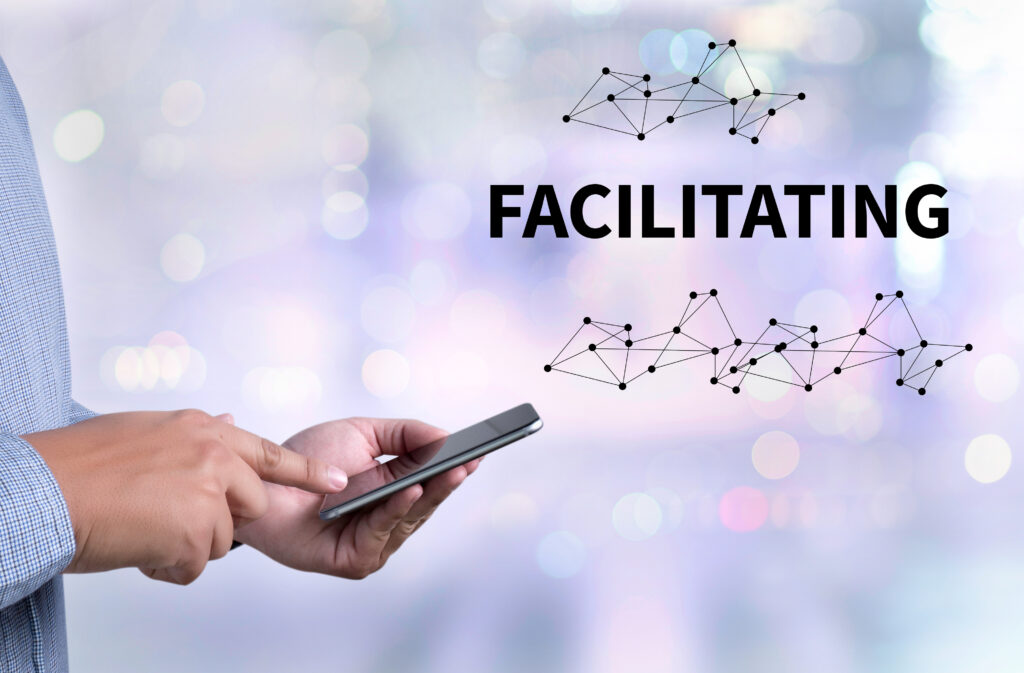
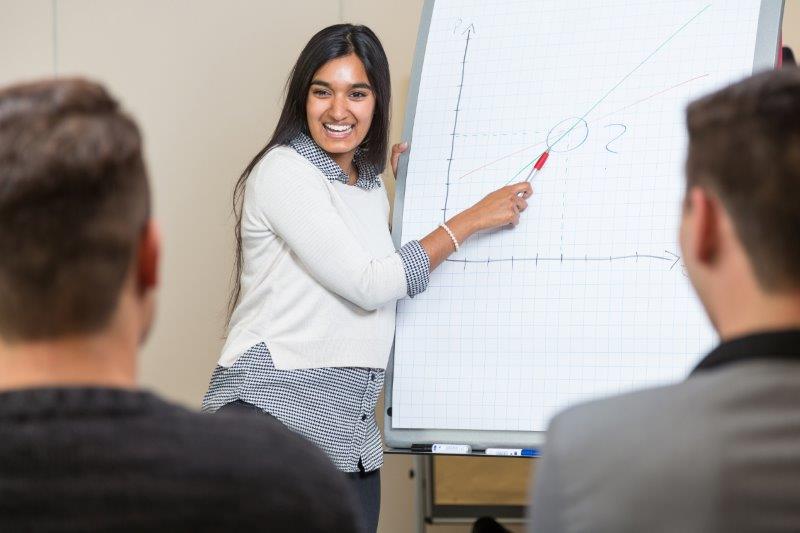
Maximize engagement through facilitation
To survive and thrive today, organizations and communities must work together to tap into the knowledge, skills, and expertise of its people in essence leveraging its ability have generative dialogue. By doing so, task groups, teams and leaders will make better decisions, solve problems so that they stay solved, and have a more energized workforce.
Enhance your interpersonal skills as a facilitator by focusing on your role and actions when you are at the front of the room. You will learn the art of engaging with participants, creating an inclusive environment, and effectively managing group dynamics. Participants will learn techniques for active listening, non-verbal communication, and fostering a sense of trust and openness. The module provides strategies for maintaining a balanced presence that encourages participation and respects diverse perspectives.
Conduct effective meeting
Effective meeting management is paramount in today’s professional landscape, where a significant portion of our time is consumed by various meetings. Given this reality, the role of facilitation becomes essential in ensuring that these gatherings are not only productive but also purposeful. A well-managed meeting, guided by a skilled facilitator, can transform potentially tedious interactions into dynamic and outcome-driven sessions.
This module aims to equip participants with the knowledge and skills necessary to facilitate effective meetings. It covers essential components such as setting clear objectives, preparing an agenda, and managing time efficiently. Participants will learn techniques for encouraging constructive dialogue, ensuring equal participation, and resolving conflicts. The module also addresses the importance of follow-up actions and maintaining engagement post-meeting. Through practical exercises and real-life scenarios, attendees will gain hands-on experience in leading meetings that are productive, inclusive, and goal-oriented.
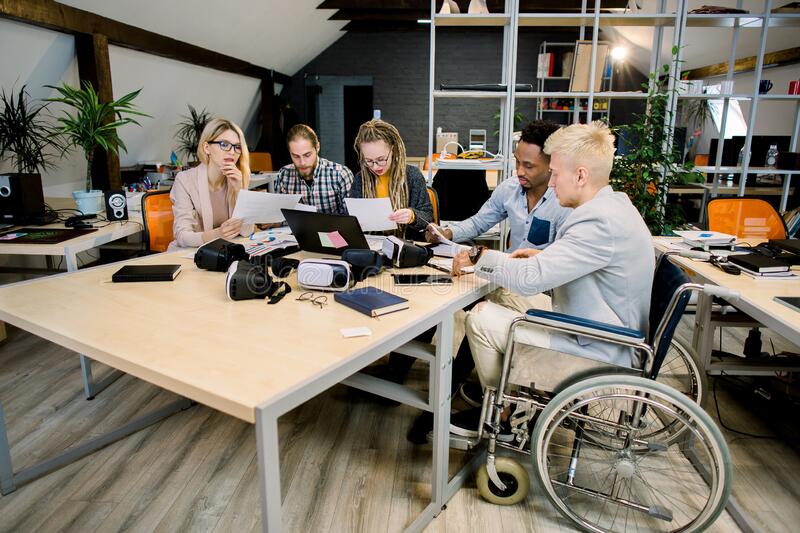
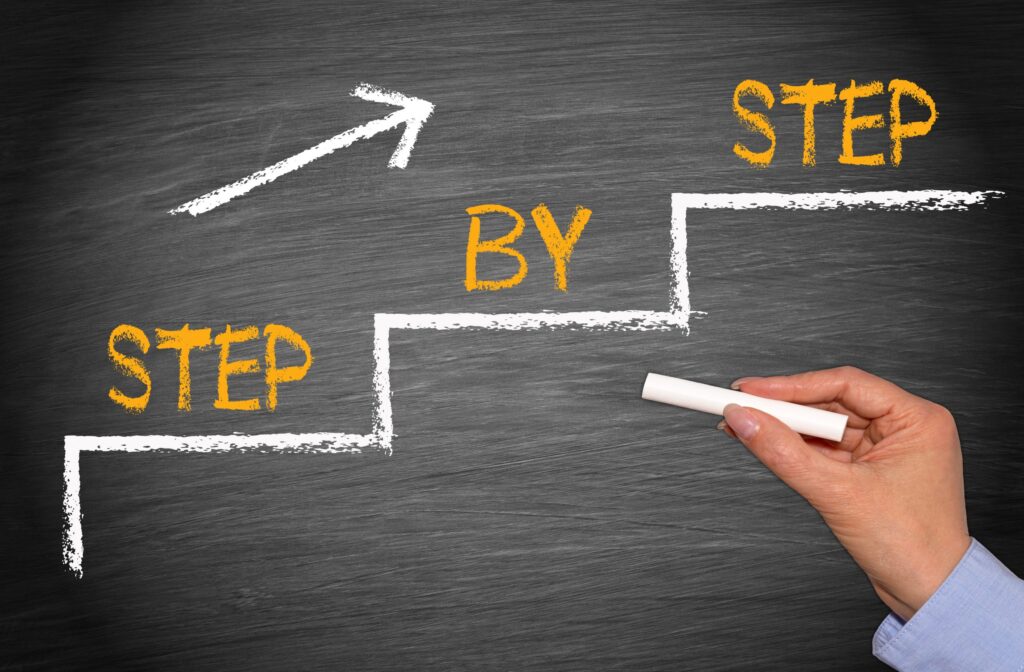
Learn the power of process to deliver results
Process in group facilitation is all about using structured methods to bring clarity, efficiency, and effectiveness to the table, guiding teams through complex challenges and helping them achieve their goals seamlessly.
Process is is critical to be able to navigate complex challenges to achieve the team’s desired outcomes. At its core, process is about leveraging systematic methods to enhance clarity, efficiency, and effectiveness in group facilitation. By implementing structured methodologies, facilitators can guide groups through complex challenges with a sense of direction and purpose.
By using process, it allows the facilitator to provide a clear roadmap that channels the group’s collective efforts towards tangible objectives, promoting innovation and adaptability. Through the disciplined application universal processes, facilitators empower task groups to move from ambiguity to clarity, from stagnation to progress, and ultimately, from vision to achievement.
Design using advance facilitation methods
Advanced facilitation techniques offer innovative ways to foster collaboration, creativity, and engagement within groups.
Advanced facilitation techniques such as Appreciative Inquiry, Liberating Structures, and Open Space offer innovative ways to foster collaboration, creativity, and engagement within groups. These methodologies go beyond traditional facilitation approaches by empowering participants to co-create solutions, harness collective intelligence, and navigate complex challenges with ease. Whether facilitating a strategic planning session, a community dialogue, or a team-building workshop, these advanced techniques provide the tools and frameworks necessary to achieve transformative outcomes and drive meaningful change.
What people are saying about Art and Science of Facilitation
Career Advancement
It will further my career advancement as I start my role as a facilitator
Better Outcomes using facilitation
Showed me the value of a well facilitated session. How much better the outcomes can be if there is a strong facilitator guiding the content and discussion.
Expertly delivered to enhance learning
Hands down the best session I have ever been involved with
Topics Covered
Facilitation Fundementals
- Learn the core principles of facilitation
- Create a safe and trusting environment
- Maximize engagement and participation
- Facilitator as a communicator
- Managing and mediating conflict in groups
Conduct effective meetings
- Identify clear outcomes/objectives for the meeting
- Develop powerful agenda
- Maximize engagement
- Manage time effectively
- Follow-up after the meeting
Apply process to deliver results
- Define defining process and facilitation
- How facilitators and use process to achieve outcomes
- Learn tools and processes that you can apply
- Know which process to use
- Design facilitation sessions using proces
Advanced facilitation methods
- Learn powerful methods
- Appreciative Inquiry -Take an appreciative stance
- Liberating Structures – Apply micro-processes to maximize engagement
- Explore how to apply these to your facilitation designs
- Facilitated dialogue